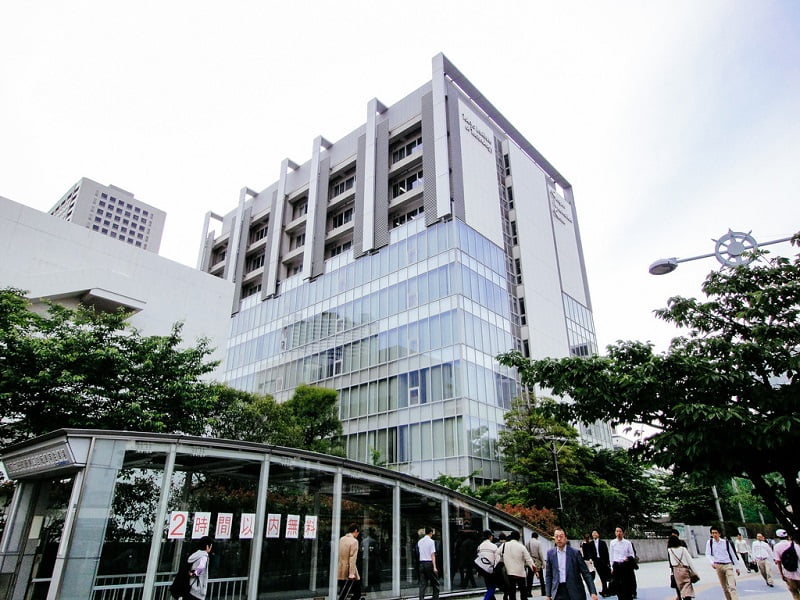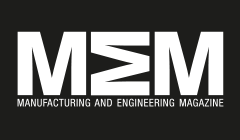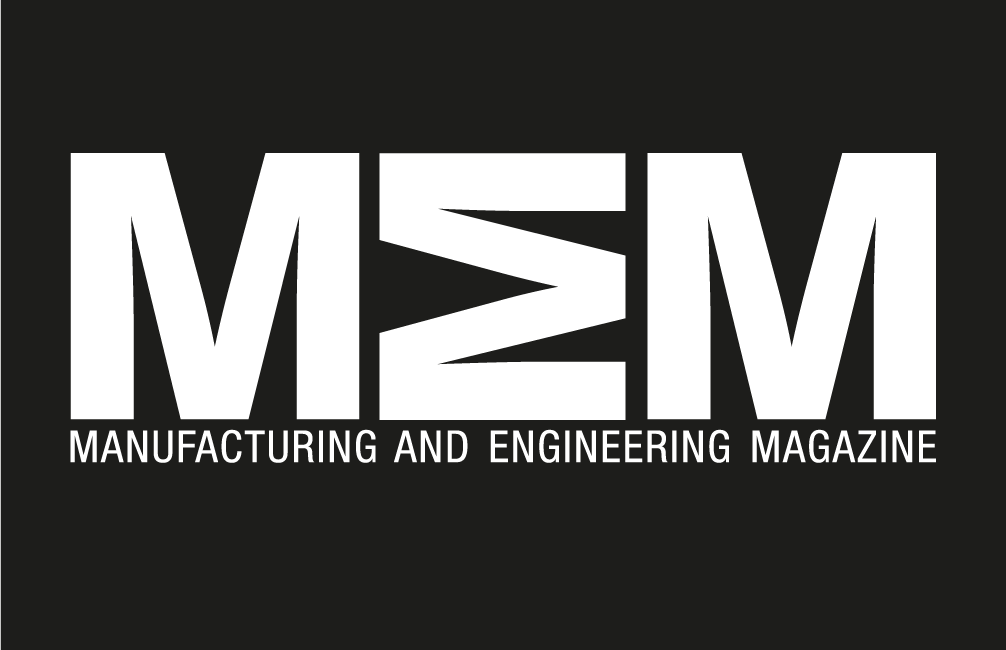New Research Developments in Tokyo Spark Interest

The future of semiconductors and their technology is in play as the Tokyo Institute of Technology conducts new levels of research that will help to detect a way of feeling the field of electricity that is emitted by these products. This new method of technological detection has recently been given credence in a report known as the ACS Nano journal, in the January 2017 issue, the first of this year. An ability to measure levels of electric fields from semiconductors is clearly essential to the future of nanotechnology as a whole, but only until recently has the technology devoted to this science been rather limited and lacking in development. Now, members of the Tokyo Institute of Technology as well as members of the JST and the AIST have discovered a new way of measuring these levels within the actual semiconductors themselves, rather than where they were previously based on the outer surface of the devices. By conducting these studies on different levels of semiconductors and at high voltages, the investigators were able to see more clearly the different values and amounts of voltages released by these electric fields. By using a combination of theory and practice, the members involved in the research conducted were able to test the levels of electric field in various different components. What they discovered was the potential of nitrogen-vacancy centers (also known as NVs) in acting as sensors of electric fields. Whilst they had conducted this research primarily in relation to a diamond-shaped p-i-n diode, Mister Takayuki Iwasaki and his colleagues observe that this would not strictly apply to merely this form of implementation and would be able to suit other models once investigated further. This is a positive sign not merely for manufacturers of electronics, but also those dealing in electrochemical science and products of that kind as well. It is clear that the innovative research of the Tokyo Institute of Technology is by no means over and will continue to produce exciting new discoveries that can be implemented into the manufacturing and engineering sectors of industry around the world.


